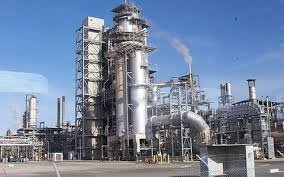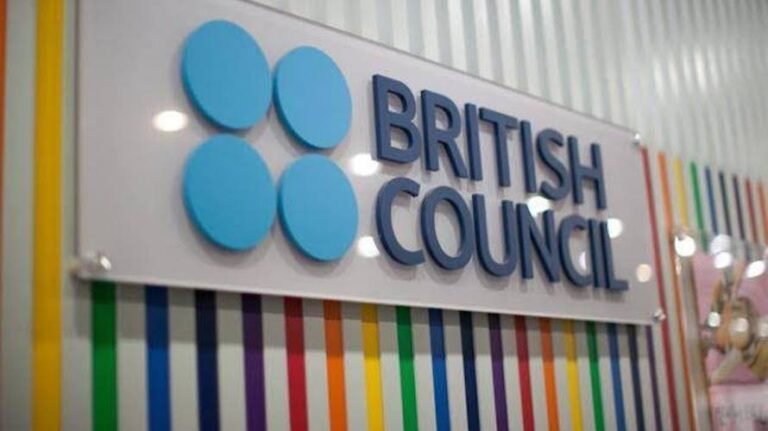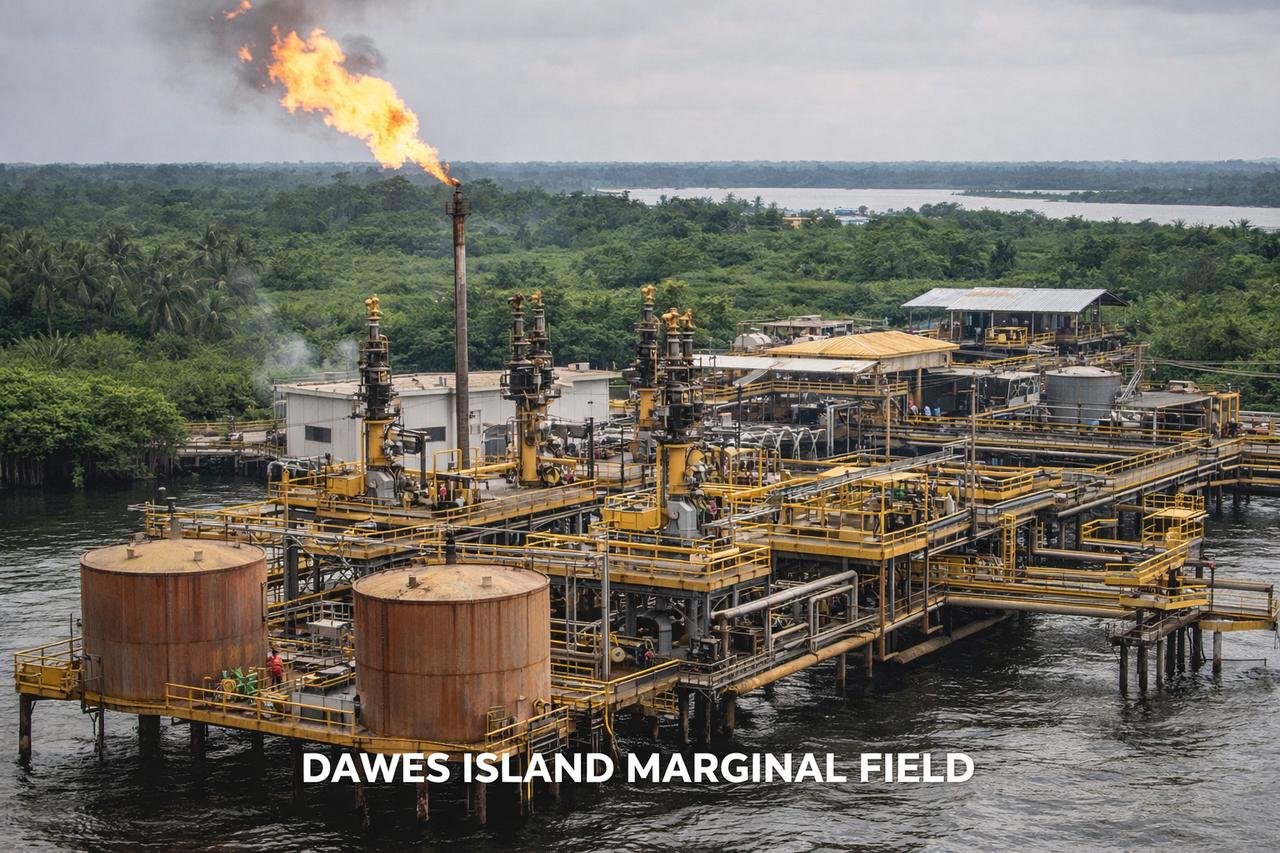Ghana’s Tema Oil Refinery (TOR) is set to resume full operations by October 2025. This is in a bid to significantly reduce Ghana’s reliance on imported refined fuels. Currently, the country imports about 98% of refined fuel.
TOR’s Acting Managing Director, Edmund Kombat, during a briefing with the Parliament’s Energy Committee, revealed that Ghana currently spends around $400 million monthly on fuel imports which puts it behind Nigeria which spends approximately $600 million and Kenya with $500 million monthly as the countries most reliant on imported fuel in Africa.
Ghana’s Bid to Cut Fuel Imports
Edmund Kombat stated that once the Tema Oil Refinery becomes fully operational, Ghana could slash its import cost by more than half, as the country would only need under 60% of its current import expenditure to meet fuel demand.
The Tema Oil Refinery’s designed capacity is 45,000 barrels per day. However, recent upgrades now allow it to refine up to 60,000 barrels daily. With Ghana’s national consumption put at approximately 100,000 barrels per day, the refinery could cover between 45% and 60% of local needs.
The refinery was shut down in 2021 due to crude oil shortages. It had undergone several rounds of maintenance, leading to the formation of a Turnaround Maintenance Committee. This was led by the General Manager of Maintenance and overseen by the Deputy Managing Director of the refinery.
Proposed Restoration Schedule
The Tema Oil Refinery aims to bring its Crude Distillation Unit (CDU) back online between September and October, in addition to restarting its Residue Fluid Catalytic Cracker (RFCC), capable of converting residue into valuable products like LPG and premium gasoline, potentially by December or early 2026. This comes as Ghana also turned to imports from Nigeria’s Dangote refinery to help trim its importation cost.


























